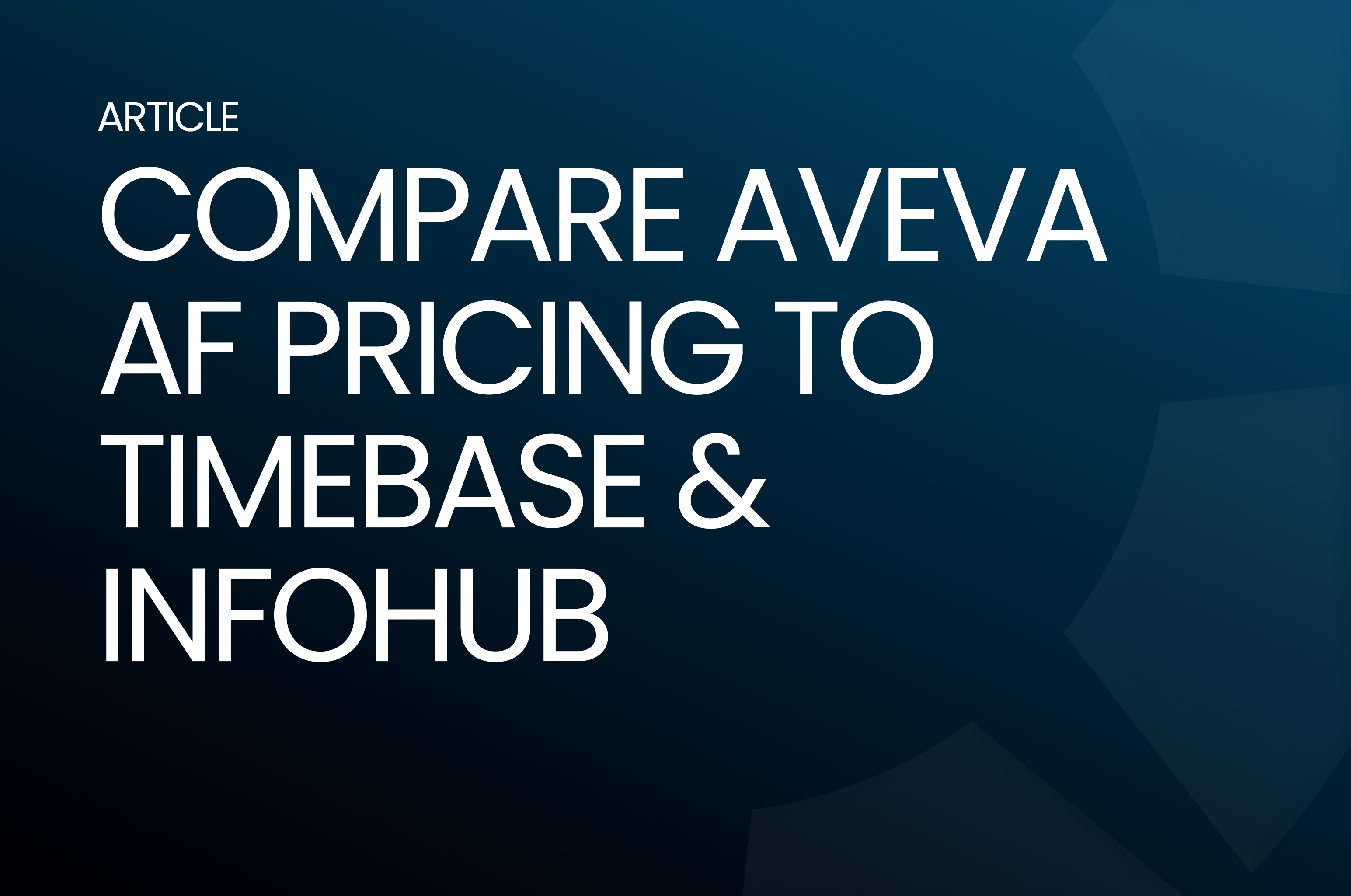The UAF is a comprehensive approach to data analytics that integrates data from various sources into a single, unified platform for analysis. By leveraging the UAF, food and beverage companies can collect and analyze data from various sources, including sensors, production systems, and other devices, to gain insights into their manufacturing processes. This can help them identify inefficiencies and areas for improvement, reduce downtime, and improve product quality.
One key advantage of the UAF is that it enables companies to integrate data from various sources into a single platform for analysis. This means that they can gain a holistic view of their manufacturing processes, enabling them to identify how different aspects of the process are interconnected and how changes to one area may impact another. This can help manufacturers make more informed decisions about how to optimize their operations, such as adjusting production schedules or tweaking machine settings to improve efficiency.
Another key advantage of the UAF is that it enables companies to collect and aggregate data in real-time. This means that they can gain up-to-date insights into their manufacturing processes, enabling them to make informed decisions quickly. By analyzing this data using advanced analytics techniques such as machine learning and artificial intelligence, companies can identify patterns and trends that may not be immediately apparent from individual data points.
For example, using the UAF, a beverage manufacturer could collect data from various sensors throughout their production line, including temperature, pressure, and flow rate sensors. By aggregating this data in real-time, the UAF could identify when a machine is operating outside of optimal parameters, such as when the temperature is too high or the flow rate is too low. This information could then be used to proactively schedule maintenance or repairs, reducing downtime and improving overall efficiency.

Additionally, the UAF can help food and beverage companies improve their product quality by enabling them to collect and analyze data on product characteristics and consumer preferences. By analyzing this data, companies can identify areas where they may need to adjust their manufacturing processes to improve product quality or better meet consumer demand. For example, a beverage manufacturer may collect data on the flavor preferences of their customers and use this information to adjust their production processes to better meet these preferences.
In conclusion, the Unified Analytics Framework is a powerful tool for food and beverage companies looking to improve their manufacturing processes and increase efficiency. By leveraging this framework and other food and beverage data analytics techniques, companies can gain insights into their operations that can help them identify inefficiencies, reduce downtime, and improve product quality. As the industry becomes more competitive, companies that can effectively leverage data analytics will be better positioned to succeed in the long term.

Many plants rely on PI Asset Framework for structure and KPIs, but its tight coupling to the PI ecosystem limits scale and drives decisions through tag-based licensing. A Timebase Historian plus InfoHub architecture keeps the strengths of AF while removing those constraints. Learn how affordable and performant this solution can be.

The Time-in-State Metric (TISM) provides a structured approach to evaluating process stability and performance by measuring the duration a system remains in an operational state. By implementing TISM with Flow Software, organizations gain structured, high-confidence insights into process efficiency, variability, and improvement opportunities.

The need for robust Industrial Data Management (IDM) solutions has never been greater. Whether integrating operational technology (OT) with enterprise IT systems, generating the KPIs that drive the business, or supporting advanced analytics, manufacturers require a platform that is flexible, scalable, and delivers ROI in days not years.